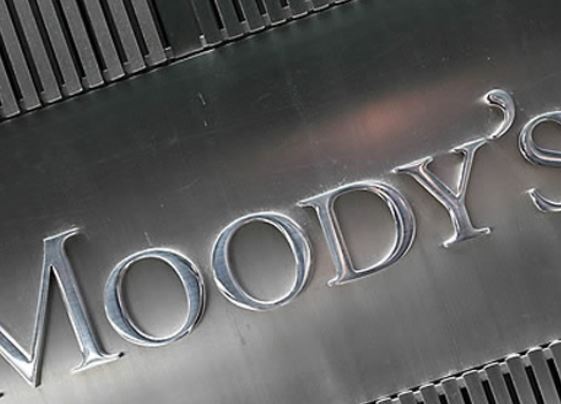Global rating agency Moody's Investors Service said Wednesday that it has revised up South Korea's growth forecast for this year on the back of strong investment growth.
Moody's adjusted South Korea's gross domestic product growth to 2.8 percent for 2017, up from its previous estimate of 2.5 percent.
"Overall growth is supported by strong investment growth," Moody's said in a global macroeconomic outlook. It said South Korea's export momentum is showing signs of a slowdown, but it remains strong in value terms, up 19.5 percent year-on-year in July, reflecting South Korea's strong competitiveness and supporting overall growth.
 |
(Yonhap) |
"Assuming that the current heightened tensions with North Korea do not impinge on companies' willingness to invest, we believe that some of this momentum will be carried through into 2018," said Moody's.
The upward revision is in line with the Bank of Korea's forecast released in July.
The revision came amid heightened tension on the Korean Peninsula over North Korea's missile and nuclear programs.
On Tuesday, North Korea fired an intermediate-range ballistic missile that flew over Japan in what North Korean leader Kim Jong-un says was a prelude to containing the US Pacific territory of Guam.
In New York, the United Nations Security Council strongly condemned the missile launch, saying it is a threat not just to the region but also to all of its member states.
US President Donald Trump warned North Korea Tuesday that "all options are on the table" in response to North Korea's latest missile launch.
Moody's said it believes that the likelihood of geopolitical risks materializing is small, but a significant escalation of any of these situations could be detrimental to the region.
"We believe that even the most benign outcome from an escalation of conflict with North Korea involving limited military action on the Korean peninsula would be detrimental to the economy of South Korea," Moody's said. "However, the South Korean government has the capacity to offset the negative shock with fiscal policy if this relatively benign scenario were to unfold." (Yonhap)







![[Today’s K-pop] Blackpink’s Jennie, Lisa invited to Coachella as solo acts](http://res.heraldm.com/phpwas/restmb_idxmake.php?idx=644&simg=/content/image/2024/11/21/20241121050099_0.jpg)
